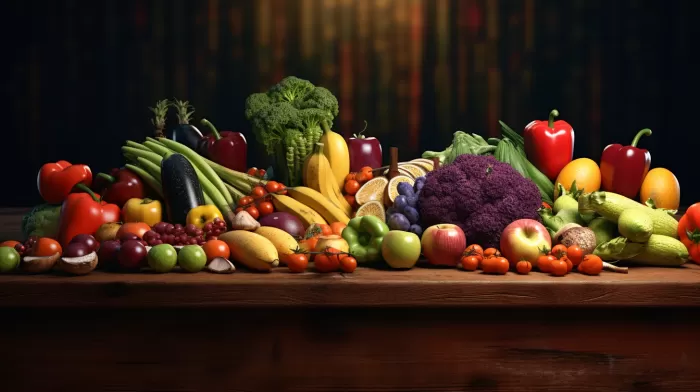While browsing the internet for gluten-related news, I came across the danger of believing myths in defense of consuming gluten and grains. One such myth is described in an article titled “The Dangers of Going Gluten-Free,” where the author, a registered dietitian, states that a gluten-free diet could deprive people of essential nutrients that protect against diseases like cancer and heart disease.
The problem with this argument is that it assumes that those who follow a gluten-free diet are merely consuming processed, gluten-free replacement foods instead of healthy, whole food alternatives.
The Right and Wrong Way to Go Gluten-Free
There is a right way and a wrong way to approach a gluten-free diet. Simply replacing gluten-containing foods with sugar-sweetened, gluten-free processed products is not beneficial for health.
Processed foods are harmful in their own right. By consuming processed, gluten-free products, you may be avoiding gluten but replacing it with harmful ingredients like excessive amounts of sugar (often in the form of high fructose corn syrup), additives, and preservatives. These foods lack essential nutrients and provide little nutritional value.
The gluten in your diet comes from wheat, barley, and rye products. The proper way to go gluten-free and reap its health benefits is by replacing gluten-containing foods with whole food alternatives. Unfortunately, many registered dietitians choose to ignore this approach.
Focusing on nutrient-giving, whole foods like meat, fish, poultry, fruits, vegetables, and nuts is essential for a healthy gluten-free diet. It’s important to note that the benefits of gluten-free living can only be achieved if grains are avoided altogether.
The Truth About Whole Grains and Processed Foods
The scholarly article the dietitian referred to in her defense of grains actually criticizes current grain consumption patterns. The article notes that food manufacturers often over-process and strip even the healthiest parts of grains from their products, leading to minimal nutritional value.
Many registered dietitians seem to be lagging when it comes to the impact of grains on health. Experts like William Davis provide more accurate and up-to-date information regarding the effects of wheat and other grains on well-being.
The Benefits of a Proper Gluten-Free Diet
There is no harm in giving up gluten when it’s done properly and includes whole food alternatives. In fact, there are numerous benefits to following a healthy gluten-free diet, some of which include:
- Improved digestion and reduced gastrointestinal symptoms
- Increased energy levels
- Reduced inflammation and related pain
- Enhanced overall health due to the consumption of nutrient-rich foods
Additionally, certain health conditions may improve on a gluten-free diet. For those with celiac disease, a gluten-free diet is absolutely essential, but other conditions like irritable bowel syndrome, inflammatory bowel disease, and even some autoimmune disorders might see improvements with the removal of gluten from the diet.
What to Avoid When Going Gluten-Free
To experience the benefits of a gluten-free diet, it’s essential to avoid making the following mistakes:
- Relying on processed, pre-packaged gluten-free products
- Consuming excessive amounts of sugar (check labels on “gluten-free” labeled foods carefully)
- Skipping out on essential nutrients and fiber needed for a balanced diet
- Expecting immediate results (it takes time for the body to adjust to a new diet)
Conclusion
It’s crucial to remember that a proper gluten-free diet is about incorporating whole foods into your meals, avoiding processed and refined products, and ensuring a proper balance of nutrients.
Just because a food is labeled as gluten-free doesn’t necessarily mean it’s healthy. Always read product labels and research ingredients. When in doubt, stick to whole foods and make meals from scratch.
By following a well-planned gluten-free diet focused on nutrient-rich foods, you will experience a multitude of health benefits, improve your overall well-being and protect yourself from the risks associated with consuming gluten and nutrient-deficient replacements.



